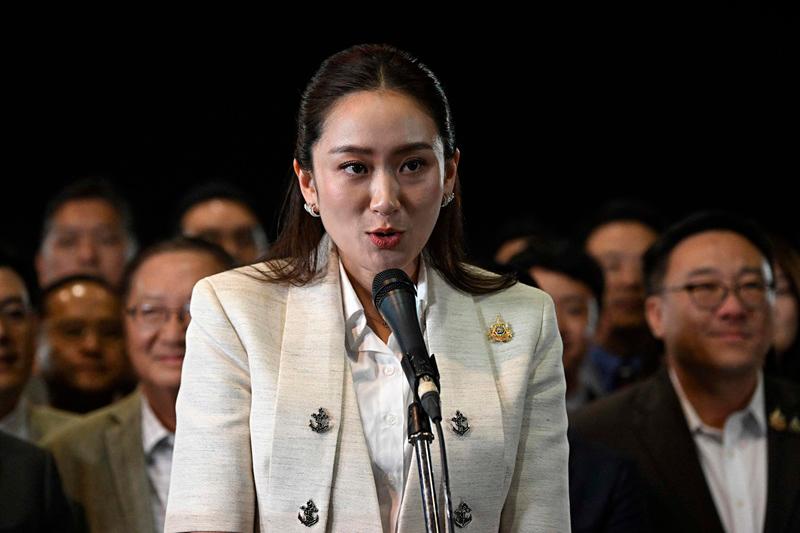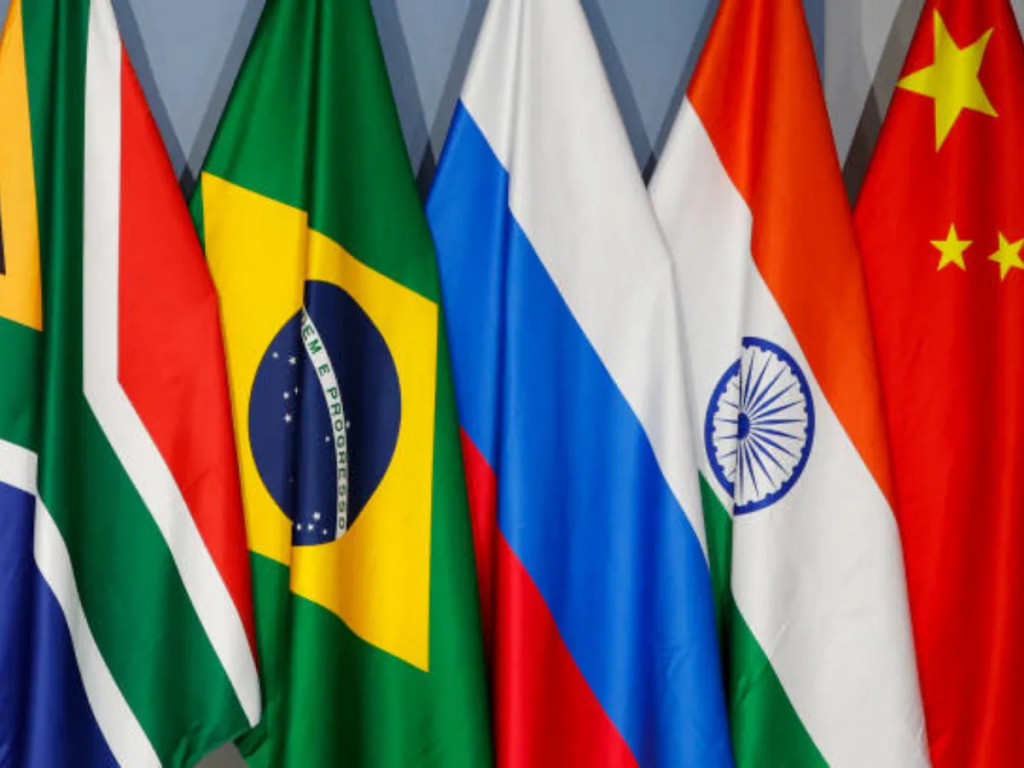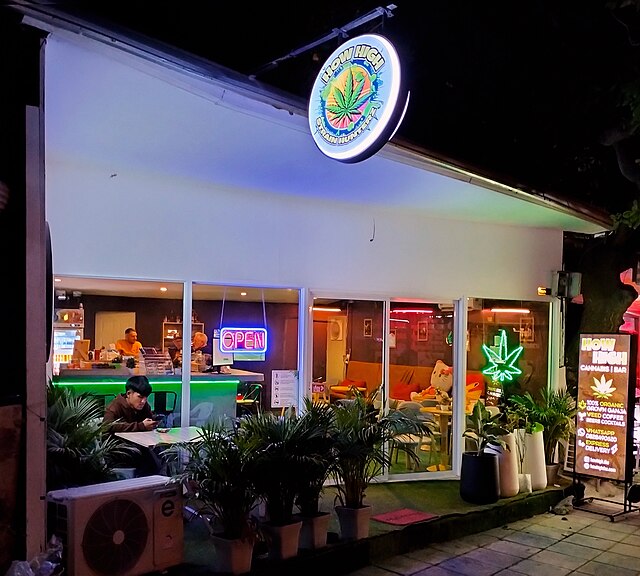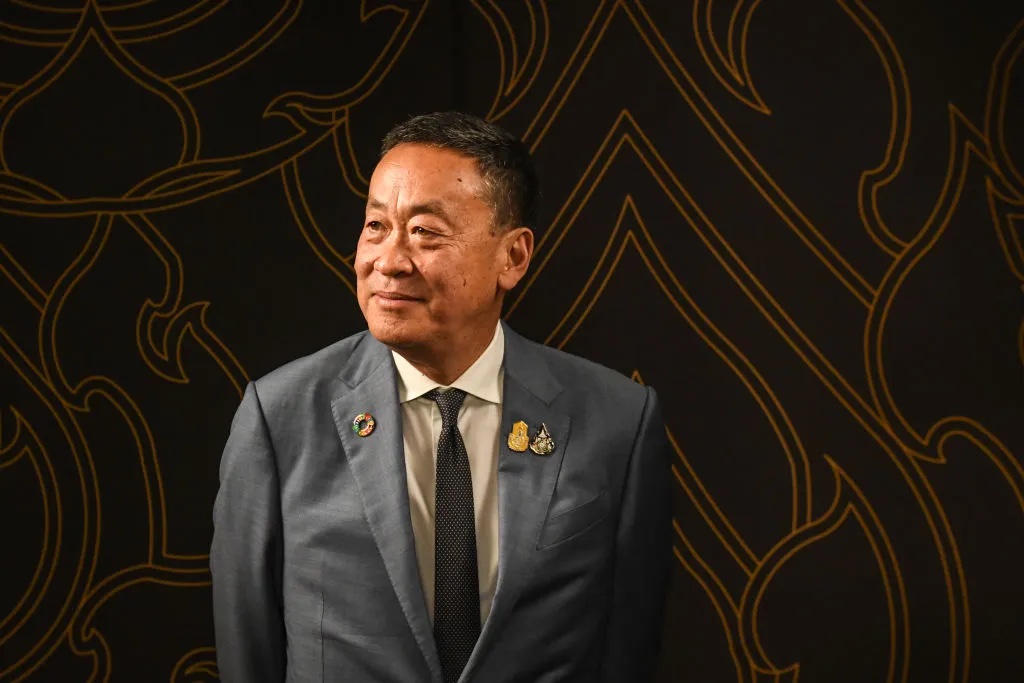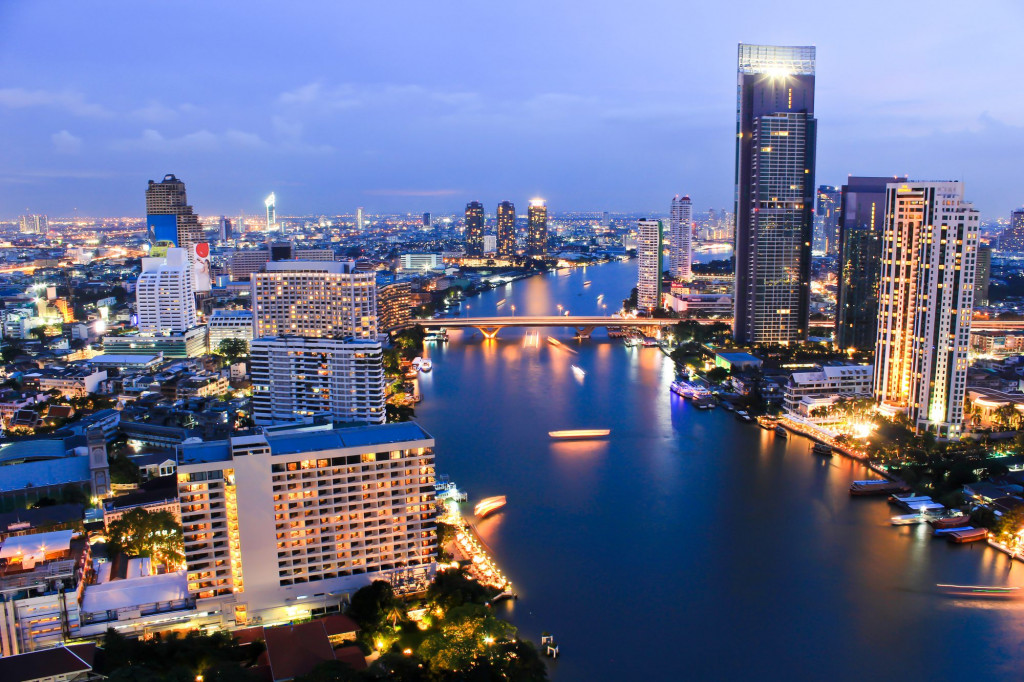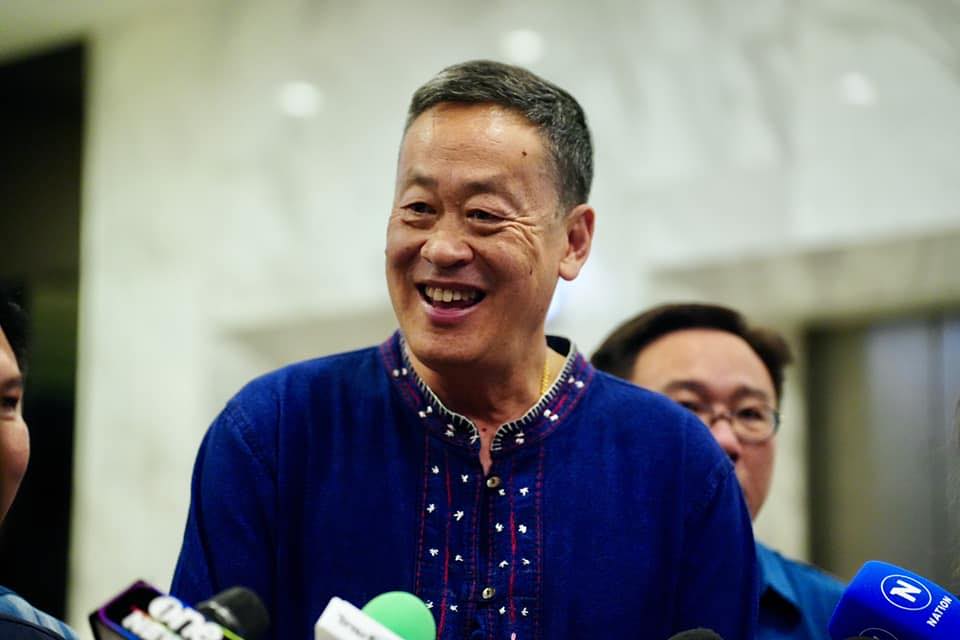As of January 22, Bangkok is the first Southeast Asian country to allow same-sex marriages. An event of historic significance
Vittoria Mazzieri
After a favorable vote by Thailand's House of Representatives and Senate in April and June 2024, respectively, the Marriage Equality Bill was approved by King Maha Vajiralongkorn in September. A historic event that confirmed the hopes of thousands of Lgbtq+ couples waiting to legally celebrate their union. From the ruler's signature, as reported by the Royal Gazette, 120 days must pass for the law to take effect.
As of Jan. 22, Thailand is the first Southeast Asian country to take this step. The new Thai law also grants rights to adoption, health care and inheritance, as well as amending the nation's Civil and Commercial Code with terms such as “individuals” instead of “men” and “women.”
Bangkok approaches the cathartic date with a series of recognitions behind it. In June 2024, the streets of the capital hosted a record-breaking pride with more than 200,000 people in attendance, the largest in the country's history. And a number of cities celebrated their first parade, including the small seaside resort of Hua Hin and Phuket, capital of the island of the same name that has become one of the country's most popular tourist destinations.
In August, moreover, immigration authorities launched the “Welcome Pride by Immigration” campaign, making use as they have in other communications of the extended acronym lgbtqia2s+ (where “2s” stands for the “two spirits,” a term from the tradition of indigenous communities in North America). In essence, a concerted effort to address the problems that can arise during background checks when there are discrepancies between physical appearance, when faced with a person who has undergone surgery and hormone therapies, and gender markers on the passport, which are often regulated by the laws of the countries of origin. Relevant offices are now asked to examine alternative identity documents, such as medical records and biometric data.
This measure has contributed to the solid reputation Thailand has built over time: a kind of paradise for the lgbtq+ community, where now-iconic gay-friendly venues spring up in the same neighborhoods that have become must-see stops for users of the country's huge sex industry (which accounts for more than 10 percent of the national GDP). In Bangkok and Pattaya on the West Coast, drag events are held alongside the go-go bars where young, paying male tourists flock. On the Medium portal, user Tracy.3 recounts his own personal experiences, citing a few: the now-famous DJ Station, on Si Lom Road, and The Stranger Bar, on Soi 4, both crowded streets of Bangkok. But also Silversands Bar in Samed, a small island that has become a popular tourist destination since the 1980s.
The economic impact of this kind of activity has not gone unnoticed. It is even spoken of in terms of “pink baht,” indicating the spending power of queer consumers to whom agencies scattered across the country devote increasingly specific travel packages. “We have something for everyone,” reads the website of ‘Go Thai Be Free,’ the campaign launched in 2022 by the Tourism Authority (TAT) to encourage people from the community to visit the country. On the platform, Thailand is presented as “the most welcoming country for lgbtq+ people in Asia.”
In terms of tourism impact, 2025 looks to be an even more promising year. Meanwhile, in an effort to regain the momentum lost during Covid-19, the Thai government recently set a goal for 2025 to surpass the admissions recorded in 2019 and hit 40 million visitors. It's a challenge for Paetongtarn Shinawatra, heir to Thailand's most famous political dynasty and elected premier last August after the dissolution of Move Forward, the progressive party that had technically won the 2023 elections: they are aiming to grow and reach record numbers while having to respond to warnings about the impact of mass tourism on nature areas. One among them Maya Bay, on the island of Ko Phi Phi Leh, closed to visitors from 2018 to 2022.
The “pink baht” will contribute to the purpose. A report commissioned by the travel platform Agoda estimates that the new law could boost inbound travel by 10 percent, increasing tourism spending by more than $2 billion. Those directly affected could be the more than 3.5 million people who live less than five hours away by air and are denied the opportunity to tie the knot in their home countries. “We are already taking registrations of international couples who are ready to get married in Thailand,” said activist Ann Chumaporn, co-founder of Bangkok Pride, which plans to engage more than 1,000 lgbtq+ couples for a mass wedding that will take place on January 22 itself.
But beyond the recognition gained and the degree of visibility achieved in the media, time and effort are needed to loosen the social stigma that still permeates much of society. “Tolerance and visibility do not equal safety and rights,” activists warn. A report dating back to 2019 by the United Nations Development Program (UNDP) shows that 50 percent of queer people surveyed have experienced discrimination in the family context. The scenario that emerges is clear: Thais are generally more tolerant outside than inside their families. Thailand will continue to be a happy island for queer tourists, but associations are banking on major events to strengthen their recognition on the international front. Phuket has been proposed as the host city for InterPride 2025, the meeting of all associations active for community rights held this year in Medellín, Colombia. And the intention is to demonstrate its “rainbow soft power” by targeting the bigger event: the 2030 WorldPride.



